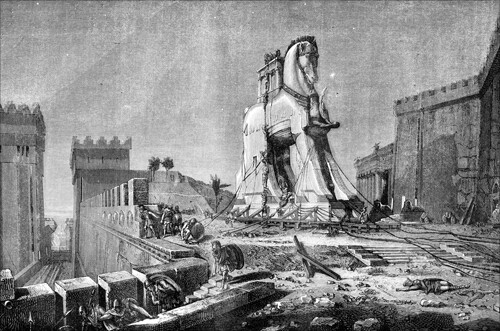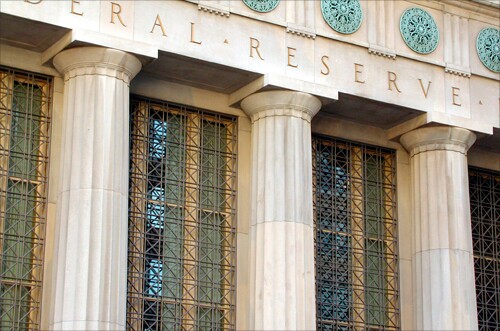

On an argument that banks should have to collect information on "beneficial owners" of accounts:
Related Article:

On a commenter's claim that beneficial ownership rules would force banks to intrude on customer privacy:
Related Article:

On an argument that banks should have to collect information on "beneficial owners" of accounts:
Related Article:

On government efforts to crack down on opaque legal entities:
Related Article:

On anti-money laundering regulations:
Related Article:

On a recommendation that bank directors receive professional certification before sitting on the boards of systemically important financial institutions:
Related Article:

On the recommendation that the Federal Reserve refrain from overstepping its authority on faster payments and let the private sector take the lead:
Related Article:

On Sen. Elizabeth Warren's claim that since community banks' profits are rising, they must be able to handle the additional regulations imposed under Dodd-Frank:
Related Article:

On a Harvard study that found onerous regulations have had a big impact on community banks' bottom lines:
Related Article:

On whether some bank trade groups have an ulterior motive in recruiting community banks to push for regulatory relief:
Related Article:

On the assertion that unexpected central bank actions can pose risk to the financial system:
Related Article:

On the difficulties of evaluating banks' corporate cultures:
Related Article:

On the deficiencies in regulations intended to reduce the risk posed by the world's largest banks:
Related Article:





